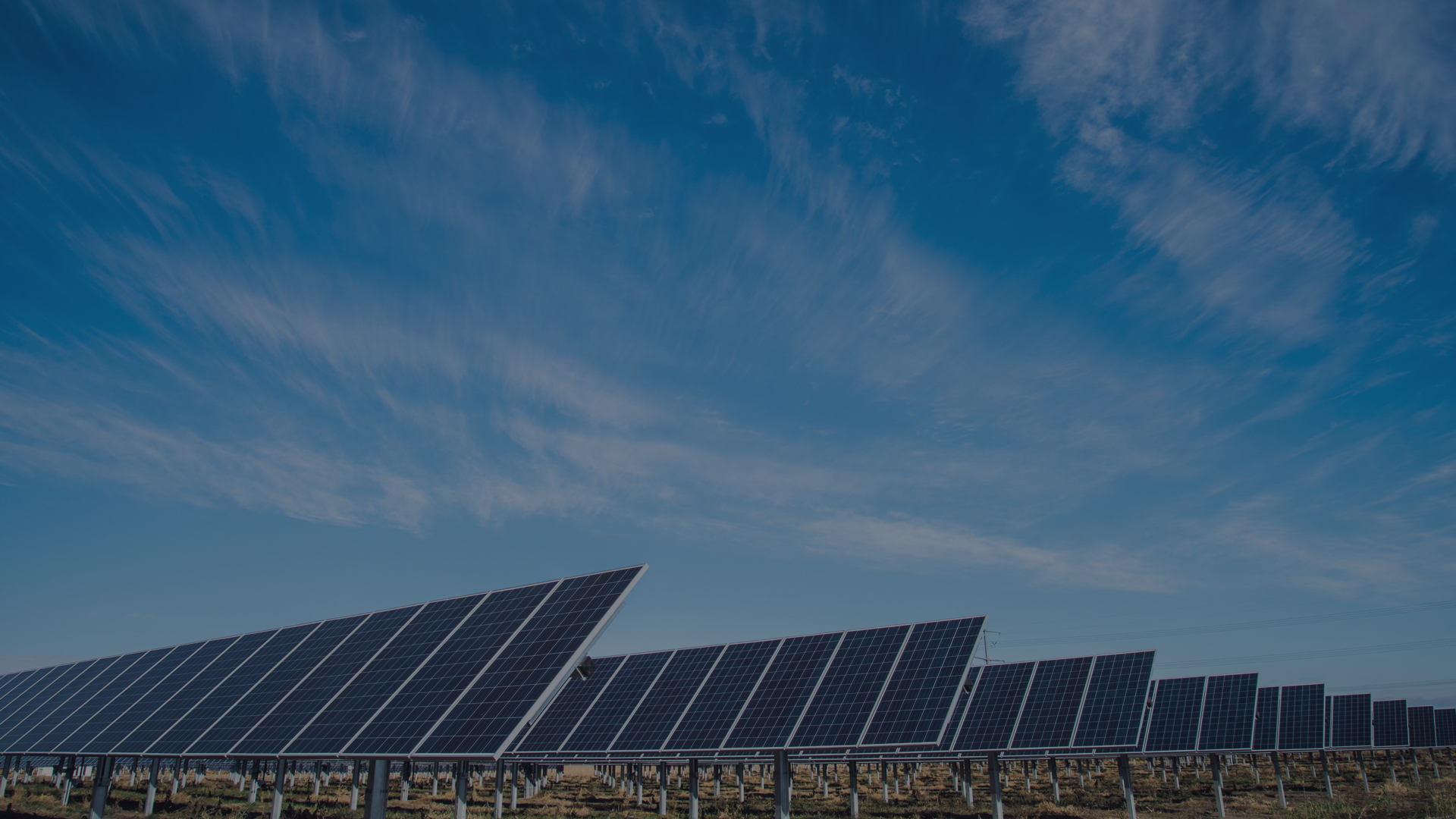Solar panels are now a well-known source of clean energy, powering our homes, businesses and public spaces. But, how can we implement this technology in hard to reach, off-grid locations?
When John Hingley was travelling around the world, he came up with an ingenious solution to the problem of generating clean energy in remote, disconnected areas.
What he came up with, was a ‘rapid roll’ solar panel system that could be rolled out in minutes to provide energy and relief for remote field hospitals and disaster response camps. However, the potential of this technology could reach much further afield and be used in wide-ranging industries.
The Initial Idea
While solar energy is helping the UK reach environmental targets, one issue with this technology is that it’s difficult to employ in remote areas. Solar panels are made up of heavy components and require expert technicians to set up. This lengthy and labour intensive process limits where this technology can be implemented.
Remote communities, field hospitals and disaster sites which are desperately in need of electricity, have so far missed out on this technology.
Several years ago, when John Hingley was backpacking around isolated parts of the world, charging his mobile phone on the go with his small, portable solar pack gave him the beginnings of an idea.
When he returned to the UK, he set up his business in Milton Keynes with the aim of designing a lightweight, portable solar panel system with the capacity to power large areas.
Thus, Renovegan was created.
The Rapid Roll Solar System
Hingley and his team of engineers designed an easy and efficient solar energy system.
The system consists of a trailer containing a solar field which ‘unrolls like a carpet’ to reveal meters of sustainable solar panels. This system can be set up in two minutes without the need for expert guidance.
This system can power a 120 bed mobile hospital. Hingely and his team have also created a smaller ‘fast fold’ version to provide energy to disaster relief camps for lighting and phone charging facilities.
Hingley hopes that this technology could have life saving implications in the future, supplying electricity to disconnected communities around the world.
Research and Testing
In order to develop the project, Renovegan received £60,000 of funding from Innovate UK, part of the UK Research and Innovation funding body. This was in 2014.
After a successful phase of testing in which the company achieved a power capacity of 6kWp (enough to power a home) they received £400,000 from the Welsh Government, Innovate UK, and the Department for Business, Energy and Industrial Strategy.
This boost in funds allowed the team to develop the range of uses for the solar panel system. From disaster relief and telecommunications to outdoor events and festivals- the rapid roll system has potential in wide ranging industries.
Evo Energy Project: Symingtons
EvoEnergy are experts in providing solar PV solutions to large businesses and organisations, including food manufacturers.
In 2018, the Yorkshire food manufacturing company Symington, asked EvoEnergy for a consultation on lowering their carbon emissions.
Over the period of a month, EvoEnergy installed solar panels along the roof of the Symington warehouse. This system now generates over 181.8 MWh of clean energy annually- this saves 110 barrels of oil from being consumed!
SolarEdge technology was implemented to increase efficiency by up to 25% and make the solar array safer and easier to maintain. The handy free web portal even allowed EvoEnergy to check performance 24/7 for speedy solutions to any problem.
Dedicated to helping businesses become greener through solar energy, this project is one of the many innovative ways EvoEnergy transforms sites into ‘sustainable energy centres’.
Funding Green Projects
The Industrial Strategies Challenge Fund (ISCF) is a government lead strategy set up to drive innovation within the UK’s clean growth sector. John’s project fit in with their mission of finding new, sustainable forms of energy production with the potential of boosting economic growth in the UK.
From AI and the automotive industry to green energy solutions- Innovate UK are part of this drive, funding up and coming projects with serious potential.
Subscribe to the Innovate UK YouTube channel to find out about the other innovative projects they’ve helped fund, support and connect to build a sustainable future of energy.
28.02.2019
Unrolling Solar Panels: The Future of Clean Energy
Featured News
